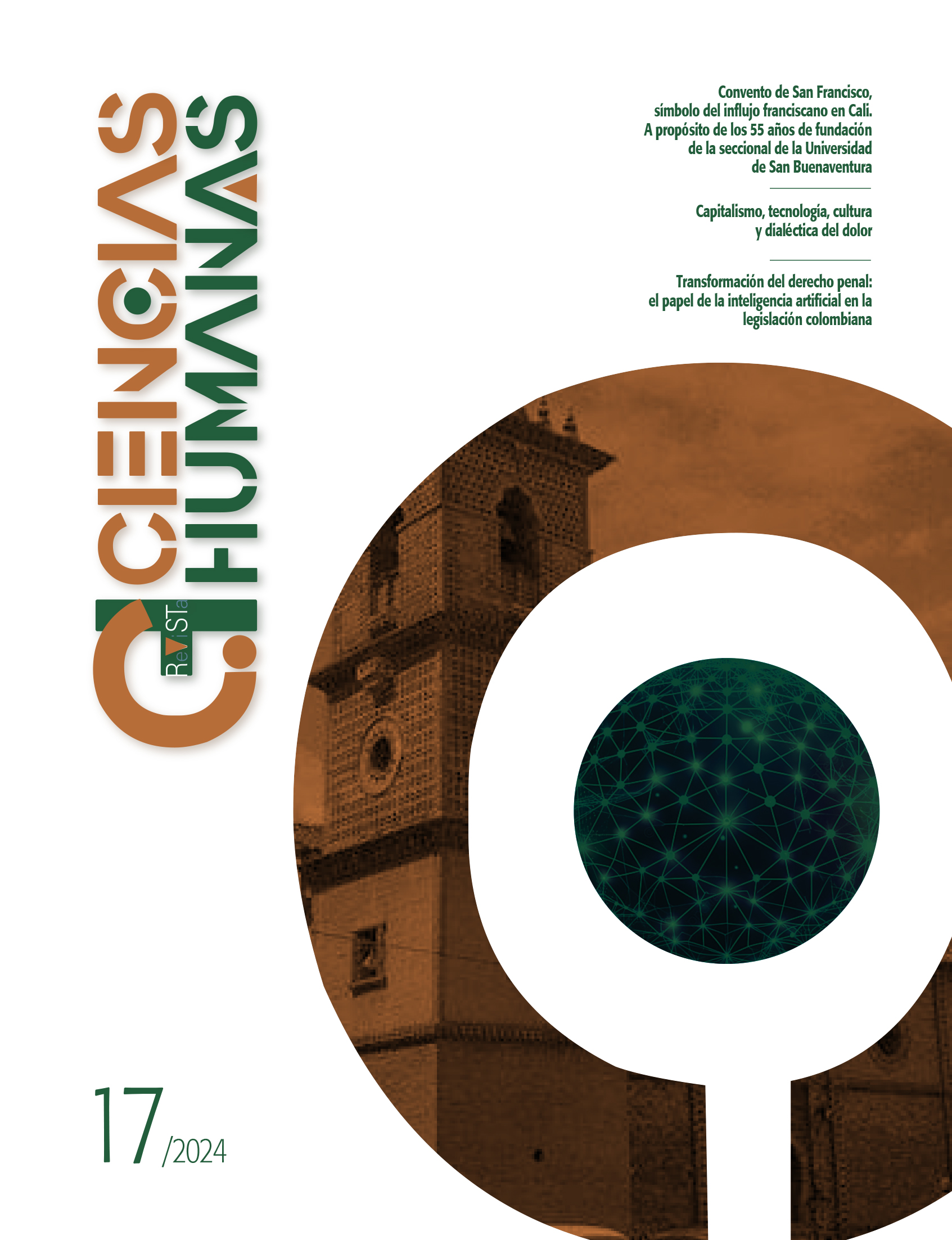The Revista Ciencias Humanas provides open and immediate access to its content, based on the principle of offering the public free access to research to aid in the greater global exchange of knowledge.
Except as otherwise stated, the content of this journal is licensed under a Creative Commons Attribution-NonCommercial-NoDerivatives 4.0 International (CC BY-NC-ND 4.0) license available at http://creativecommons.org/licenses/by-nc-nd/4.0/.
- Attribution. You must give appropriate credit, provide a link to the license, and indicate if changes have been made. You may do so in any reasonable manner, but not in a way that suggests that the licensor endorses you or your use.
- NonCommercial. You may not use the material for commercial purposes.
- NoDerivatives. If you remix, transform, or build upon the material, you may not distribute the modified material.
- No Additional Restrictions. You may not apply legal terms or technological measures that legally restrict others from doing anything the license permits.
Abstract
Modern society faces a complex web of challenges, technological advances, and cultural changes that have transformed how pain is experienced and understood. Byung-Chul Han, the South Korean philosopher, argues that capitalism lacks a narrative of the good life. This article examines how human suffering is manifested, interpreted, and addressed in an ever-changing world influenced by a peculiar and complex economic system. In that sense, the various facets of the dialectic of pain in today’s society are explored, from the interplay between technological advancement and human suffering to cultural differences in the perception of pain, especially in the context of the COVID-19 pandemic.
Keywords:
References
Bauman, Z. (2003). Modernidad líquida. FCE.
Bauman, Z. (2010). Vida líquida. Paidós.
Boyd, D. (2014). It’s complicated: The social lives of networked teens. Yale University Press.
Carr, N. (2010). Superficiales: ¿qué está haciendo Internet con nuestras mentes? (P. Cifuentes, Trad.). Taurus.
Graeber, D. (2018). Bullshit jobs: A theory. Simon & Schuster.
Graeber, D. (2021). The pain of work. Houghton Mifflin Harcourt.
Han, B. C. (2015). La expulsión de lo distinto (A. Ciria, Trad.). Herder.
Han, B. C. (2017). Psicopolítica. Herder.
Han, B. C. (2021). La desaparición de los rituales. Herder.
Moynihan, R. (2003). La fábrica de enfermedades (The sickness industry). Debate.
Moynihan, R., y Cassels, A. (2005). Selling sickness: How the world’s biggest pharmaceutical companies are turning us all into patients. Nation Books.
Piketty, T. (2014). El capital en el siglo XXI. FCE.
Piketty, T. (2020). Capital e ideología. FCE.
Topol, E. (2015). The patient will see you now: The future of medicine is in your hands. Basic Books.
Turkle, S. (2011). Alone together. Basic Books.
Turkle, S. (2015). Reclaiming conversation: The Power of talk in a digital age. Penguin.









